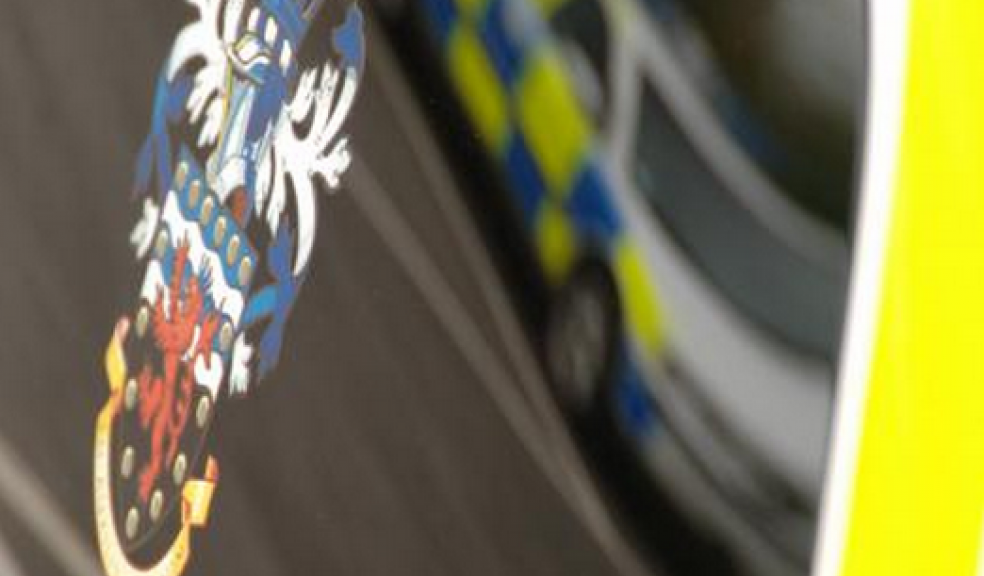
Number of mentally ill people in police custody falls
Police in Devon and Cornwall have welcomed a new report from the National Police Chief’s Council showing a nationwide reduction in the use of police custody cells as a place of safety for those suffering mental illness.
Historically, police cells have been used to house those people detained under Section 136 of the Mental Health Act 1983. The Government announced earlier this year that it would seek legislation to prohibit the use of police cells as a place of safety for under-18s and reduce the 72 maximum detention period for adults.
Nationally, there has been a 32 per cent reduction in the number of times police custody has been used as a place of safety for someone subject to S136.
In Devon and Cornwall that figure is 18 per cent with a reduction of incidents where a police cell has been used as a place of safety from 767 incidents, (Apr-March 2013/14), to 655, (Apr-March 2014/15).
During the same period, the number of incidents where another place of safety has been found rather than a police cell has increased from 350 to 481 incidents.
Dealing with young people subject to S136 remains a challenge for the Force with 30 incidents dealt with in 2013/14, reducing to 25 incidents in 2014/15. However, since January 2015 there has been five incidents involving someone under 18, and only one since April 1, 2015.
Assistant Chief Constable Sharon Taylor said: “Those coming into contact with the police and suffering from mental illness are very often not criminals and should not be in police cells as a result.
“It is not acceptable for anyone of any age to be held in a police cell because no mental health provision can be found elsewhere. Those mentally unwell are much better suited to a health placement where they can receive the right treatment to aid their recovery.
“Since the start of 2015, mental health partners across Devon and Cornwall have been working closer than ever to try and deal with this hugely challenging issue and ensure people get the right treatment from the right agency. These figures clearly show progress is being made.”
A mental health concordant was launched across Devon and Cornwall with Police and Crime Commissioner Tony Hogg in February 2014 aimed at improving crisis care for people with mental health needs.
ACC Taylor added: “This is just the beginning of a new way of working and there is still much to be done to reduce the number of Mental Health Act referrals in which police are involved.
“But we are seeing progress and improved multi-agency communication to further reduce this figure, particularly concerning young people coming into contact with the police and finding people the right place of safety.
“We want to see better access to support for people before they reach the crisis point of police involvement, better access to emergency mental health care, the right quality of treatment for patients and proper recovery plans to prevent those people relapsing and coming back into contact with the police.”

















